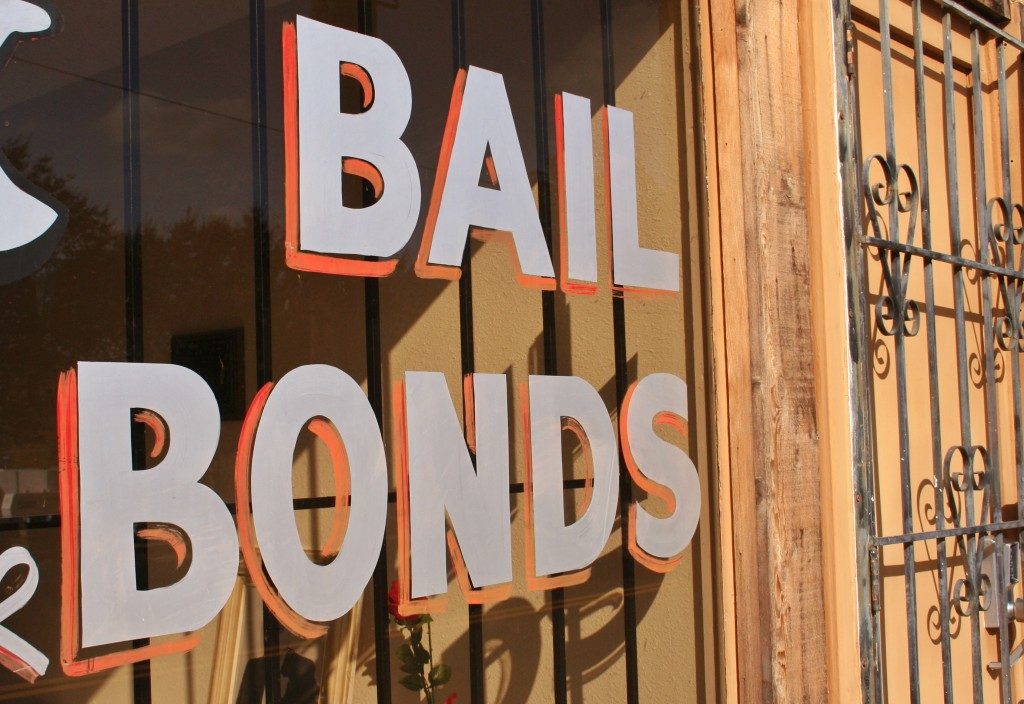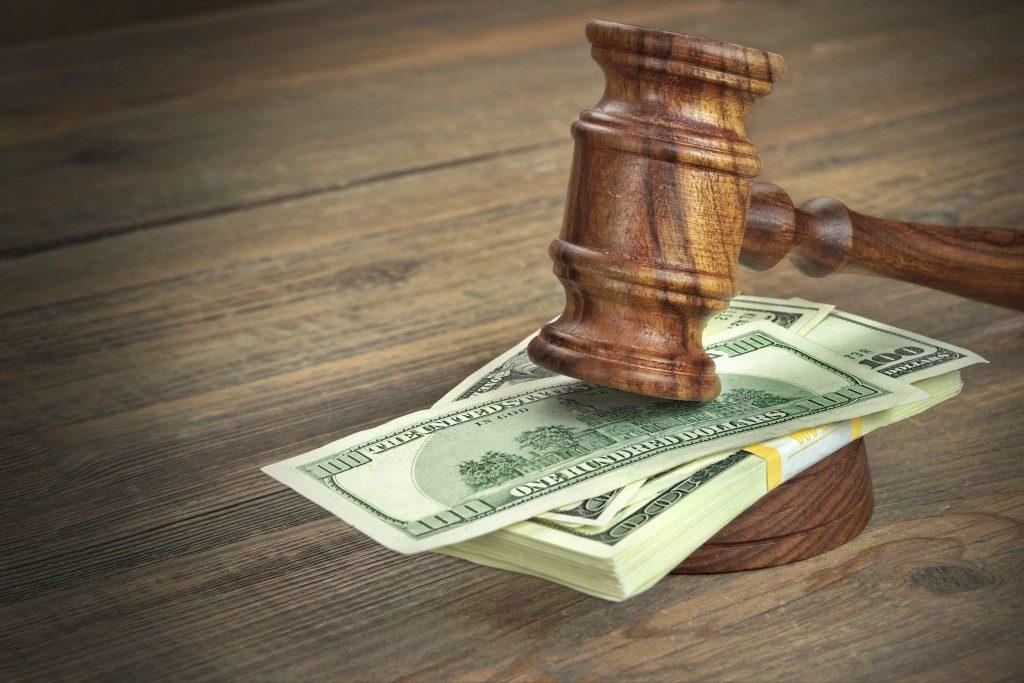The amount of bail can sometimes exceed your financial capabilities as a defendant. When this happens, you may turn to bail bond services in your locality for help. Although bond sellers only charge 10 percent to 15 percent of the bail amount, you may still have to put up collateral. This may give the bail bondsman assurance that you would not skip bail, allowing the business to recoup its loss.
Collateral for Bail
Collateral is any asset or valuable property. It can come in any shape or form, as long as it has real value when liquidated. It also has to reach a certain amount in value, especially when the bail is high.
Bail bondsmen typically accept the following as collateral:
- Real estate properties
- Land or farms
- Jewelry
- Automobiles
- Stocks
- Bonds
- Investments
- Art and antiques
- Electronics
- Other properties that have value
Unlike the 10 percent to 15 percent you paid (which is the nonrefundable fee of the bond company) to the bondsman, the collateral you put up will be returned to you. But only after you’ve attended the hearings and the case closes. You get the collateral back no matter what the verdict is, whether you’re acquitted and the charges are dropped, or you’re sentenced.
You forfeit ownership of the collateral if you fail to attend the hearings. This then triggers a series of events, from the court issuing a warrant for your arrest to the bail bondsman hiring a bounty hunter to bring you back.
Restrictions on Your Collateral
The bail bond company will require you to surrender the deed to your house (or land) or the title to your car. You or your family can still occupy the property you put up for collateral, but you can’t put it up for sale. The same goes for your vehicle.
For smaller items, like jewelry or art and antiques, the bail company may take physical possession of these assets. It will hold on to the collateral until it can be returned to you.
Not all bail bondsmen will accept the same the type of collateral; some may prefer bigger assets than small, typically pawnable items. Some may even refuse to take your business if you appear to have no assets to put up as collateral.
An Option to Bail Bonds

Some states may provide further options for getting out of jail while you await court hearings. Instead of getting bond from a bail company, you may be able to pay 10 percent of the full bail amount to the court. Some courts may still require collateral. The difference, however, with this hybrid bail system is that you have a chance to get your cash and property back.
Of course, the return of the 10 percent you paid along with the collateral will still depend on your attendance in court. If you skip a hearing, the court may ask the full bail amount from you and put out a warrant for your arrest.
Whether you’re arrested for a misdemeanor or serious crime, the law gives you an opportunity to stay out of detention. All defendants, after all, are deemed innocent until proven otherwise. And if you can’t meet the bail amount, putting up collateral may be your best option for staying out of jail.
